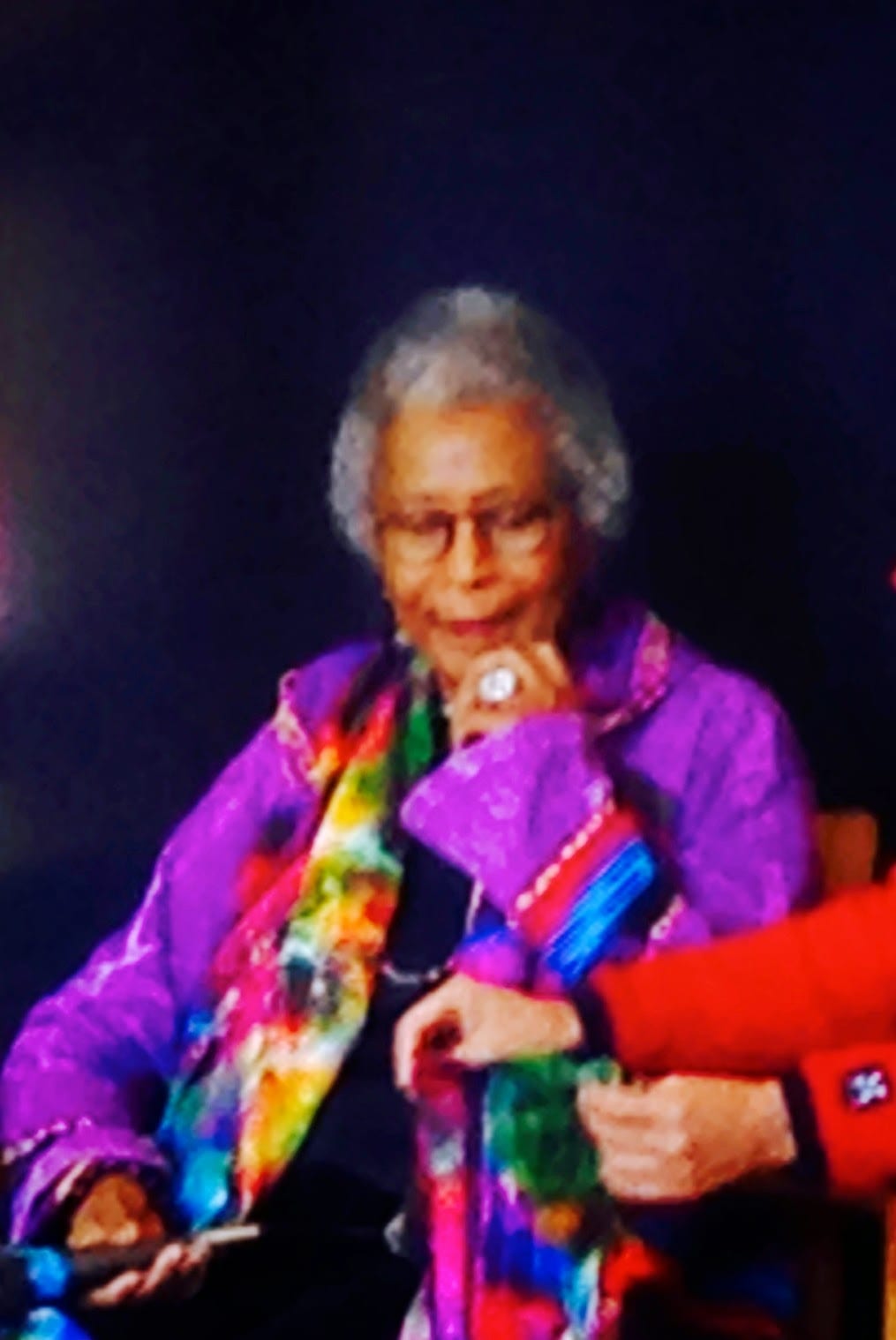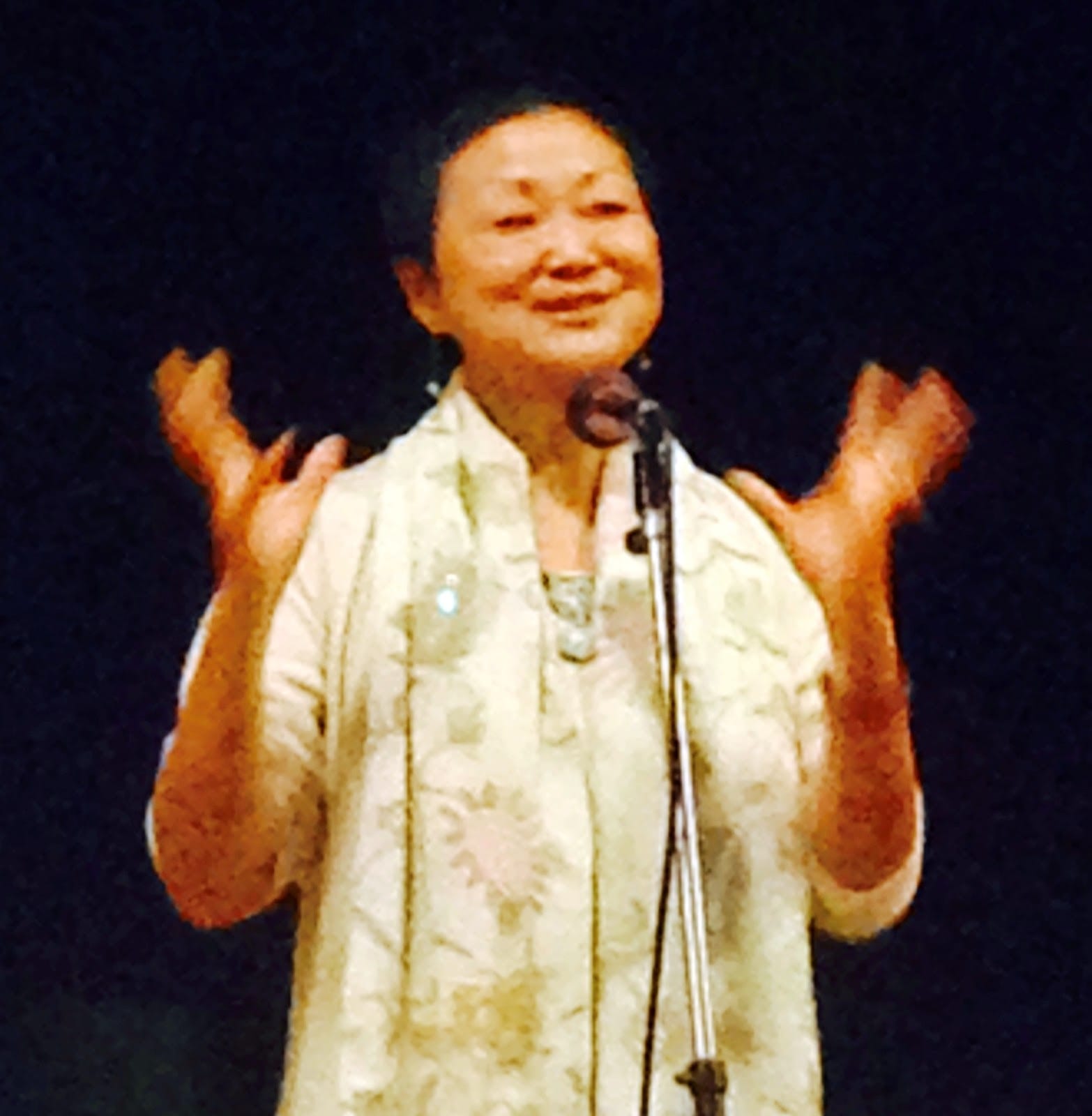Holiday breaks are a great time for me to learn new things about parenting. As an introvert who has crafted her life to include working at home with no other companion but the dog and the occasional lunch or coffee date if I feel like it, having my kids and my husband home all day every day for two weeks feels a bit overwhelming. Add Bubba’s family to that for one of those two weeks and you can be sure to find me ‘meditating’ at the sink as I do dishes a few times a day. It’s the one place where I know my kids won’t come near me for fear of being asked to help clean up after fourteen hungry family members.
I won’t bore you with the details, but here are a couple tidbits I picked up over this year’s break thus far:
1. The use of superlatives is altogether unhelpful. In particular, I am referring to the words “always,” “never,” “everyone,” and “nobody.” I am just as guilty as anyone else of using those words to make a point, but the problem with them is that they are rarely true and they serve to escalate the emotional intensity of any situation rapidly. When my kids come to me claiming that “nobody ever includes me in ________,” or some such notion, my first tendency is to dispute the claim and point out all of the other times that she has been asked to join in the fun. It may be true, but it certainly isn’t helpful. Generally the best thing I can do in that situation is to acknowledge hurt feelings or frustration and ask what their preferred solution might be.
Those words also have the added effect of convincing us that things are worse than they actually are. In my case, when my kids tell me “everyone hates me,” I have little else to go on. While I think it is highly unlikely that each and every single person around them wishes them ill, I don’t honestly know if it’s true, or even if my kid really believes that it is. But sometimes, if I’m not fully paying attention, I take them at their word and then I get all wound up in the belief that it’s true. The more I react to those kinds of statements, the more I reinforce for my kids that I believe what they’re saying and that’s how destructive patterns get laid down. When we all start buying into the always/never/everyone/nobody stories, it’s a dangerous time.
And so, I have asked my kids not to use those words about each other or their friends or family, especially when emotions are running high. It gets me wound up, it winds them up, and we all go down the path of darkness and gloom on a false belief. They agreed to do their best. And then they busted me when I did it the next day, whining that NOBODY EVER offers to help with the kitchen clean-up after dinner. I guess they took the new rule to heart.
2. The use of apologies, especially parental ones, is incredibly important when it comes to trust-building. I don’t recall the parental apology being a thing in my childhood and I have yet to talk to anyone from my generation who does. When my dad was dying, he told me several times how sorry he was for certain things that he did or said when I was a kid and I can’t even begin to say how important and meaningful that was to me. That said, I often wonder how different all our lives might have been if we had learned to apologize to each other early and often.
I was in my thirties before I fully realized that my parents were human beings and always had been. During my childhood, they subscribed to the school of thought that said you didn’t back down to your kids, didn’t show a chink in your armor, didn’t let ’em see you sweat. While I often questioned my parents’ wisdom and choices, I never thought of them as fully fallible human beings who might be unsure of themselves as parents. It never occurred to me that they weren’t 100% sure of what they were doing. It certainly occurred to me from time to time that they were evil or hated me or were hell-bent on making my life miserable, but I never considered that they could be just making mistakes along the way. Until I had kids. Then that reality hit me full force.
I started letting my girls know from the beginning that I am human, mostly for selfish reasons. I didn’t want them to expect too much from me, so I made sure they knew I was doing my best, but would be mistake-prone until I figured things out. The best way to let them know I was fallible was by apologizing when I really messed up. When I freaked out disproportionately and screamed at them, I came back later to say I was sorry and tell them how I wished I had dealt with the situation. After falsely accusing them or punishing them without all the facts, I would later admit my mistake and ask for redemption. Now that they are teens, this policy is paying off with trust. Not only do my girls know it’s okay for them to mess up and lose their cool, but they know how to apologize for it as well. I know parents who balk at admitting their mistakes to their children and I understand how hard it is, but I have to tell you that there are not many more powerful ways to connect with your child on a truly authentic level than to let them know you’re sorry for hurting them. Even if I feel like my girls have over-reacted to something emotionally, the fact is that perception is reality and if they don’t trust me to empathize and acknowledge their feelings, they aren’t likely to come to me with other emotionally charged topics. Apologizing is a small price to pay for keeping the lines of communication open. And, fortunately or unfortunately, I’ve had enough fights with my kids to have had lots of practice saying I’m sorry. I can tell you that it gets easier with time and rarely (I can’t say “never” anymore) has there been a time where they didn’t apologize right back.










